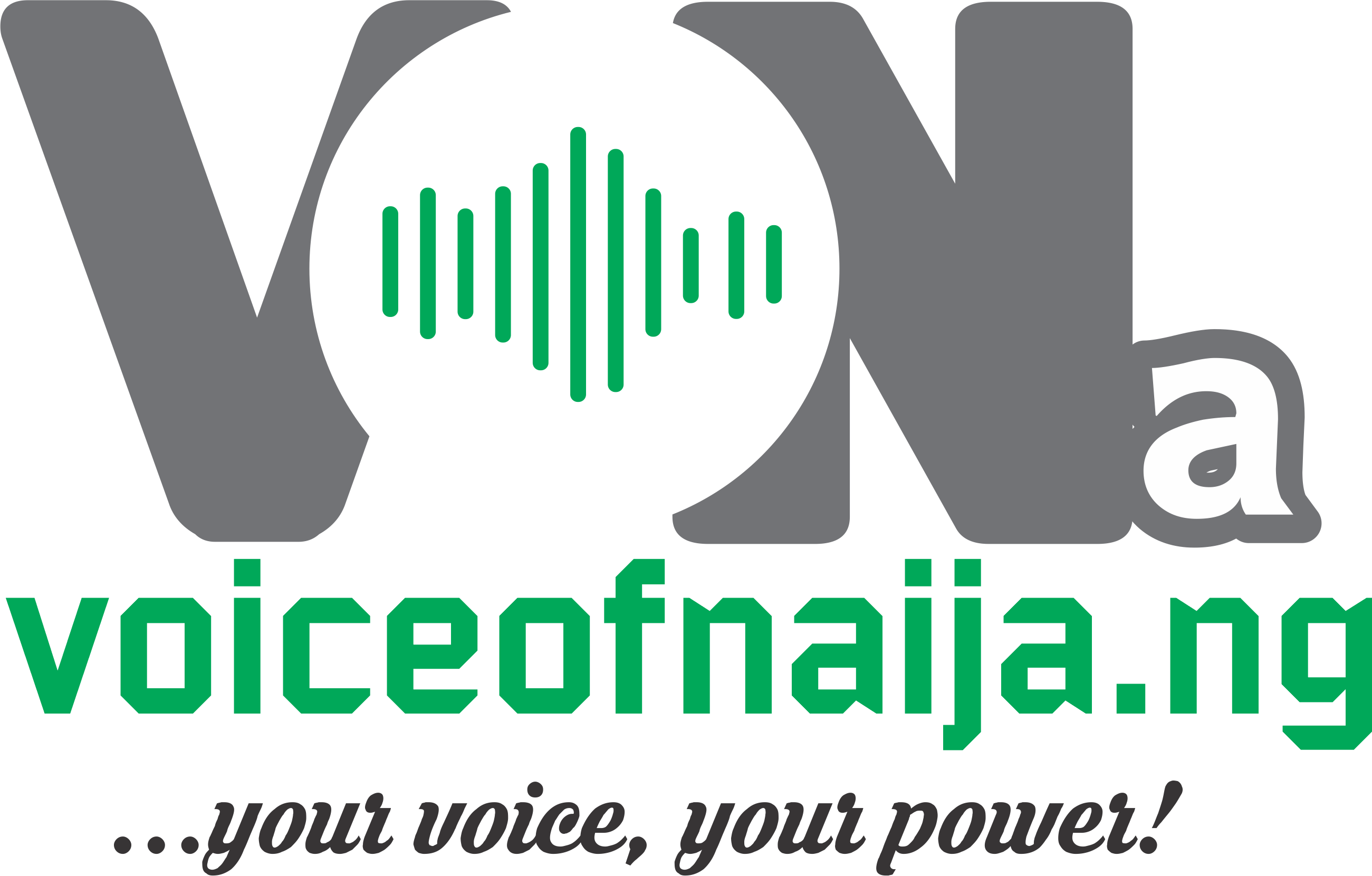ABUJA, Nigeria (VOICE OF NAIJA) – Taiwo Oyedele, Fiscal Policy Partner and Africa Tax Leader at PriceWaterhouseCoopers has broken down the implications of the naira exchange rates unification.
According to the foreign exchange expert, with the Nigerian Naira now exchanging in the official forex market at market determined rates, a significant market distortion has been removed.
Recall that the Central Bank of Nigeria (CBN), on Wednesday, 14 June, granted commercial banks freedom to trade foreign exchange at any rate.
This is in line with President Bola Ahmed Tinubu’s promise to unify the multiple exchange rates in the market.
READ ALSO: CBN Grants Commercial Banks Freedom To Trade Forex
Expectedly this will come with both positive and negative implications.
In a breakdown making the rounds on social media, Mr. Oyedele listed the implications of the new development.
They include:
- Significant rise in government debt in naira terms by about N12 trillion to N90 trillion i.e. external debt of $42bn will increase by the difference between the old and new rates.
- As a result of the above, debt to GDP ratio will increase by about 5%.
- There will be a corresponding increase in debt service cost with respect to foreign debt service.
- Government’s revenue will increase in naira terms resulting in a higher tax/revenue to GDP ratio. Corporate tax collection may however decline as many businesses crystallize forex losses due to the higher exchange rate.
- Possible reduction in budget deficit if government’s forex revenue exceeds foreign currency obligations, an increase in budget deficit will arise if otherwise.
- Possible impact on the pump price of petrol which could inch closer to the current pump price of diesel.
- There should be some cost savings as government discontinues with the various fx interventions e.g. Naira4Dollar, RT200 etc which cost tens of billions of naira.
- The country will attract fx inflows especially from portfolio investors, FDI and exporters proceeds. Impact on diaspora remittances would be marginal.
- The capital market will benefit as it is likely to appreciate further as foreign investors take position.
- There should be negligible impact on the general prices of goods and services as products already factored in parallel market rates to a large extent.
According to him, it is a positive move. However, the government needs to manage the ensuing dynamics to ensure confidence.
The backlog of forex demands need to be addressed and government should be ready to supply forex to stabilize the exchange rate in the short term.
- Also relax capital control and administrative bottlenecks including unbanning the list of items prohibited for fx (and complement with higher import duties), remove the need for certificate of capital importation etc to prevent the parallel market rate from simply moving further away from the official market rate.
- Stop the demand for certain taxes and levies in foreign currency, it creates unnecessary fx demand without adding to supply.
The aggregate demand for fx across markets should reduce as round-tripping incentive is removed, for instance people who fake foreign travels just to get fx at discounted rates.
Also, Nigeria’s sovereign credit rating should improve if this is complemented with the right fiscal and monetary policies thereby attracting more fx inflows and lowering the cost of borrowing.




